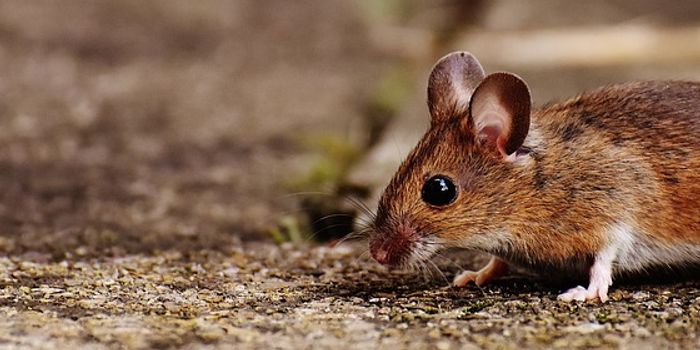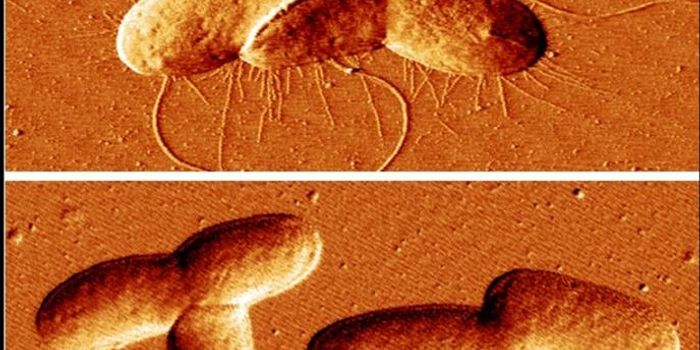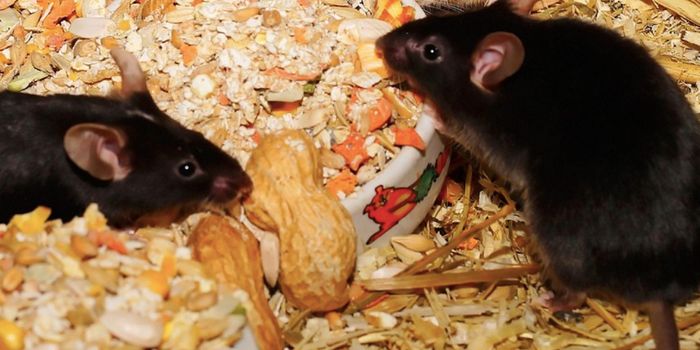Mouse Fathers Passed Immunity Onto Offpsring After Infection
Parents pass their genes on to their children. But they can pass down other things too with epigenetic marks, chemical tags that modify the genome but do not change its sequence. Epigenetic tags have been shown to be heritable. New research has shown that immunity can also be passed down to offspring through epigenetics.
Reporting in Nature Immunology, scientists used a mouse model to show that when mouse fathers recovered from a fungal infection or were exposed to fungal compounds, their offspring had a better immune response against fungal infections for several generations, compared to mouse fathers that had not been exposed to fungi.
Epigenetic changes can involved chemical tags that are added to DNA, which may modify the structure of the genome. The physical structure of DNA in the cell, which typically exists in a packaged, organized form, can have a significant impact on gene activity because the cellular machinery has to be able to access a gene for it to be expressed.
In this work, male mice were infected with a pathogenic fungi known as Candida albicans, and after recovery, these mice were mated them with healthy females. Their offspring, and the offspring of mice that were healthy and uninfected were then exposed to pathogenic Escherichia coli bacteria.
"The offspring of the male mice previously exposed to Candida were significantly better protected from a subsequent E. coli infection than the progeny of the uninfected male mice," revealed study co-author Professor Mihai G. Netea of the Radboud Center for Infectious Diseases. The next generation of mice after that also had improved protection.
The scientists examined various immune cells, and found very few differences. But in the offspring of males that had been infected, there was an increase in the expression of genes that are linked to inflammation, and the the activity of the MHC class II complex. This complex can stimulate immune system activity. In addition, the activity of genes involved in inflammation was also found to be upregulated in the offspring of Candida-infected male mice.
The inflammation-associated genes easier to access in monocyte progenitors compared to those in the offspring of uninfected fathers. "This shows that monocyte precursors are epigenetically rewired if the fathers have previously undergone infection with Candida albicans," suggested study co-author Dr. Andreas Schlitzer of the LIMES Institute at the University of Bonn..
"A shift in gene markers was evident here," said study co-author Professor Dr. Jörn Walter of Saarland University.
More work will be needed to confirm these findings in humans, but it shows that rapid changes can take place in organisms due to unexpected environmental stimuli, like infections, which can impact the next generation.
Sources: University of Bonn, Nature Immunology









